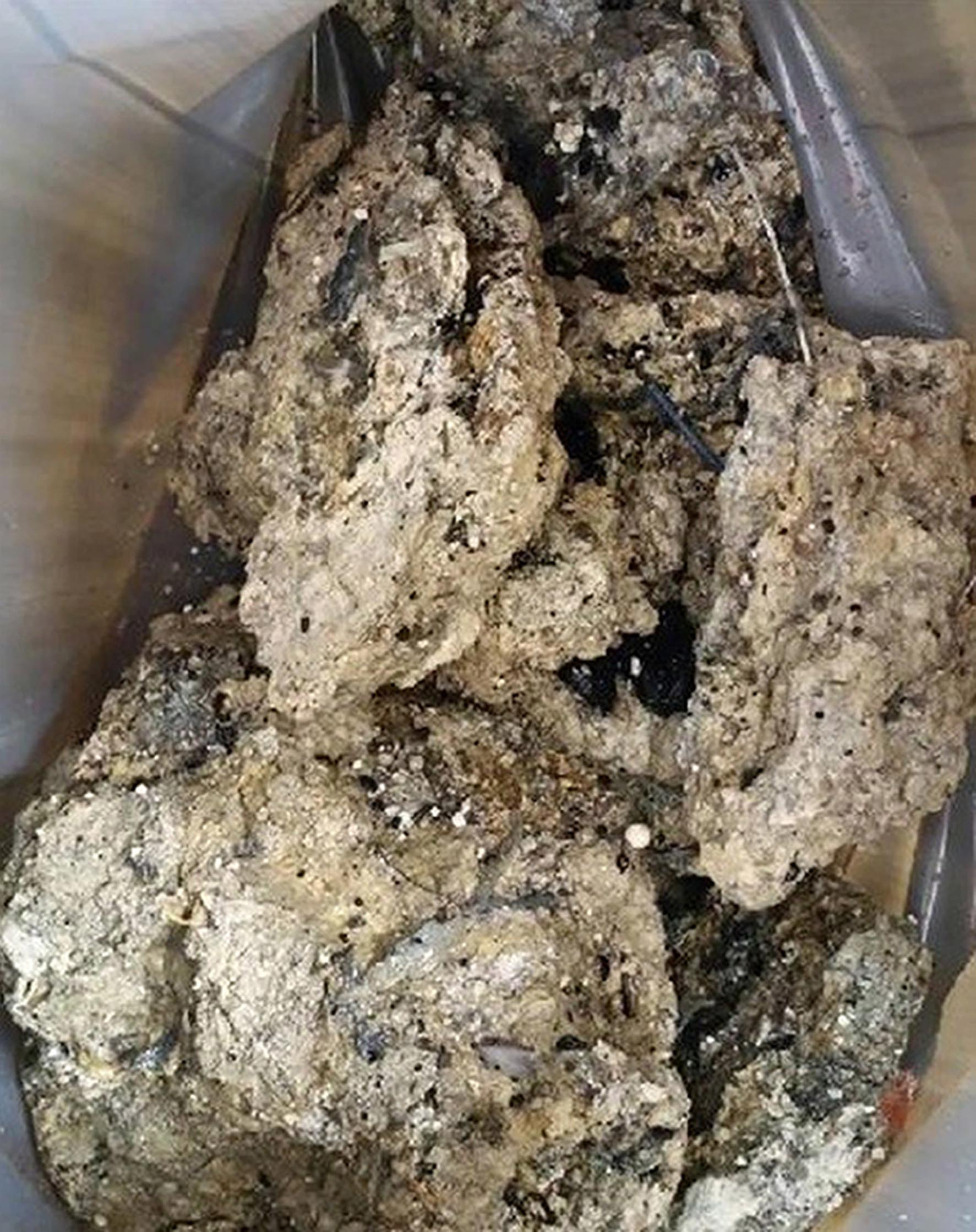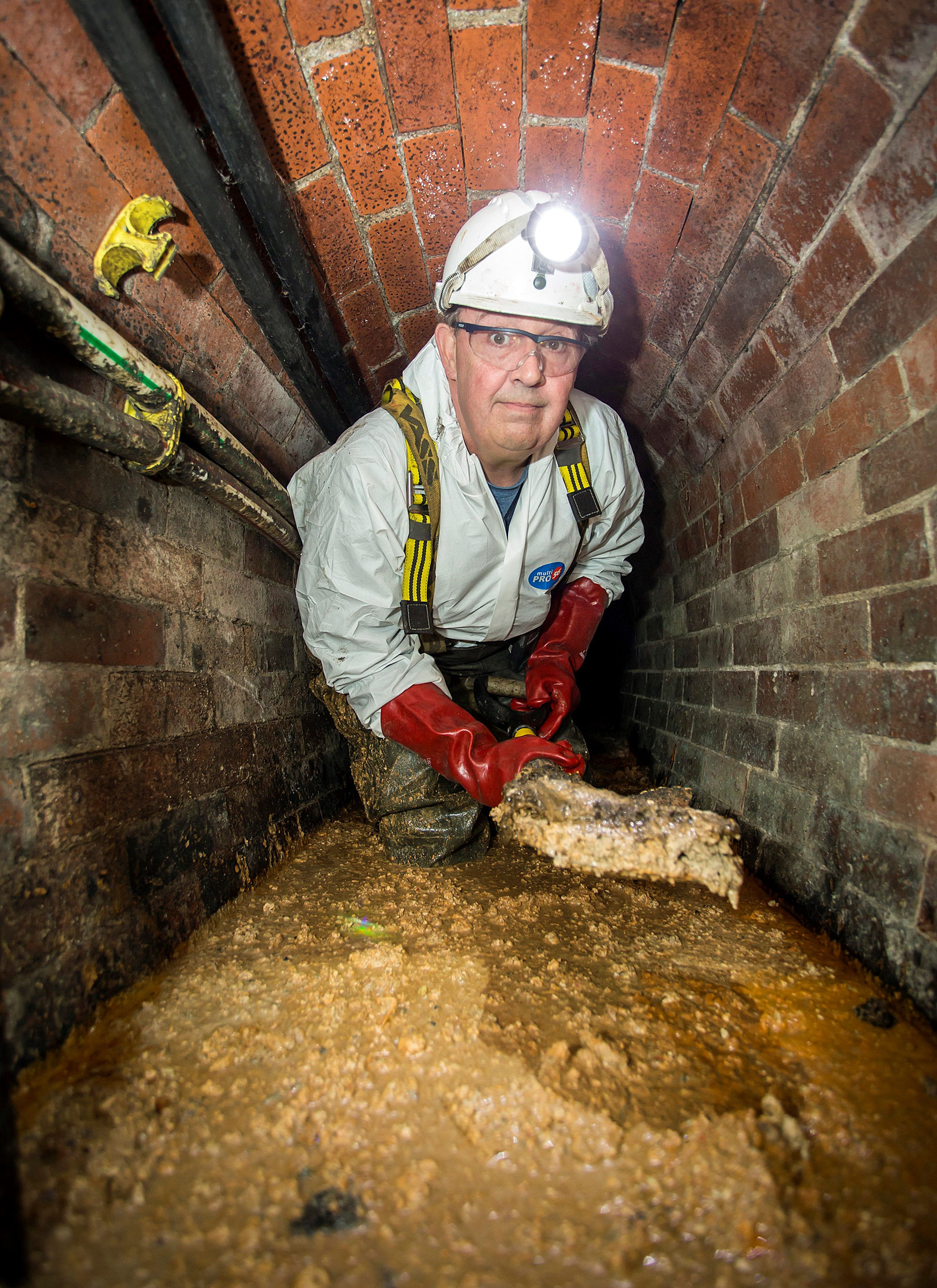Nine in 10 restaurants are contributing to London’s ‘fatberg’ problem
According to Thames Water, hundreds of food outlets across the capital have no system for dealing with excess gunk.

Nine in 10 restaurants and takeaways in London are feeding sewer-clotting “fatbergs” by letting grease, oil and scraps slide down their waste systems.
Visits to hundreds of food outlets across the capital revealed the majority had no system for dealing with excess gunk, Thames Water found.
The company, which spends around £1 million per month cleaning sewers, called the findings “staggering”.
On Whitechapel Road, where a 130-tonne blockage was recently discovered, no restaurants had a working grease-trap, it said.

“A simple, well-maintained grease-trap will capture that stuff and stop it entering the sewer and turning into a monster fatberg.
“We’ve been welcomed with open arms by many food outlets who regularly spend hundreds of pounds clearing internal blockages.
“They were delighted when our experts told them how to prevent it.”

Fatbergs are caused by oil, fat and grease merging with wet wipes, condoms and other unflushables, accumulating into vast blockages.
Thames Water said it was funding a PhD student to study the fatty formations, including looking at ways to turn the waste into renewable energy.





